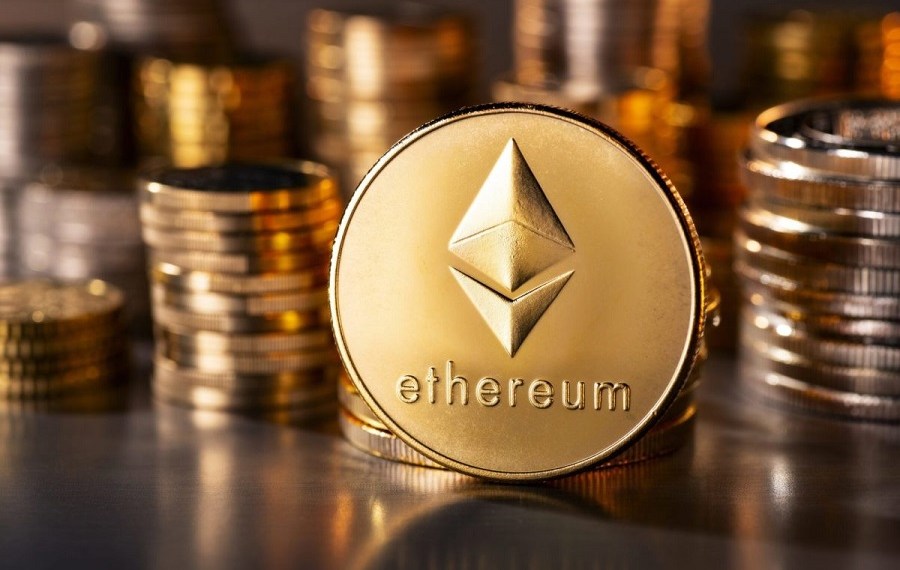
Coinposters
Ethereum Gas Fees Have Dropped to an All-Time Low

For the first time in many months, Ethereum costs have fallen to record lows. Analysts attribute this to a variety of causes, including the network’s continued focus on scalability improvements.
Fees on Ethereum protocols have dropped to 7-month lows, and the decrease is being felt across the whole network. During the weekend, the cost of a network transaction was roughly 19 gwei, or little less than a dollar; slightly more than $0.99.
Transaction costs on the Ethereum network have not been this low since August of 2021. Notably, gas prices rose after remaining in this range for roughly three months, with experts attributing the increase to the growing interest in NFT and DeFi ecosystems.
Fees are currently 82.4 percent lower than their January highs, following a two-month downward trend. It may be difficult to pinpoint a specific cause for the latest dip, but a few possibilities can be recognized.
Possible outcomes include reduced network congestion as a result of increased usage of layer 2 solutions, more scalable chains, and lower interest in the NFT market. Ethereum’s supremacy in the DeFi space has dwindled from 97 percent a year ago to 58 percent now. The NFT ecosystem, on the other hand, appears to be the trend with the strongest association.
Trading volume on the Ethereum NFT marketplace OpenSea fell by over half in the first week of February, from $247 million to $124 million. During the same time period, the average gas price dropped from 134 gwei to 65 gwei. Both of these causes are extremely likely to have contributed to the current downturn. As beneficial as this breakthrough is for Ethereum users, it is not a long-term solution to the network’s scalability difficulties.
For a long time, the Ethereum network has been hampered by high gas fees, allowing competitor networks like Terra, Solana, and Avalanche, which offer greater scalability, to thrive. In order to control the situation, the developers have released multiple improvements, including Ethereum founder Vitalik Buterin proposing EIP-4488 in November.
Additionally, Zero-Knowledge technology and Optimistic technology are being developed. While both solutions significantly reduce network expenses, ZK roll-ups have shown more potential, despite being confined to one application per chain. The release of the zkEVM rollup is expected to solve Ethereum’s scalability issues.
Latest
Ethereum
21 Feb 2026
Ethereum
13 Feb 2026
Ethereum
07 Feb 2026
Ethereum
06 Feb 2026
Ethereum
05 Feb 2026
Ethereum
03 Feb 2026












